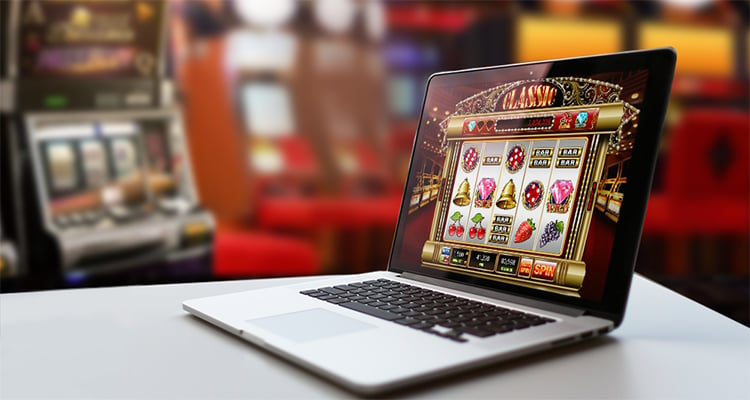
The Future of Play-to-Earn Gambling: Opportunities and Challenges
As technology continues to advance at a blistering pace, the gambling industry finds itself at a crossroads where innovation and tradition collide. One of the most promising developments in this field is the emergence of Play-to-Earn (P2E) gambling, a revolutionary concept that allows players not just to win prizes, but to earn real income by engaging with their favorite games. This paradigm shift is driven by the growth of blockchain technology and cryptocurrency, making the gambling experience more engaging and rewarding than ever before. In this new landscape, platforms like Play-to-Earn Gambling Betandreas casino are leading the charge, offering gamers unique opportunities to monetize their skills and time.
Understanding Play-to-Earn Gambling
The essence of Play-to-Earn Gambling lies in creating an environment where players can earn tangible rewards while enjoying their gaming experience. Unlike traditional gambling models that often emphasize high stakes and house edges, P2E platforms leverage blockchain technology to provide players with ownership over in-game assets. These assets, often represented as Non-Fungible Tokens (NFTs), can be traded, sold, or used to unlock additional gameplay features, effectively transforming gaming into a lucrative source of income.
The Blockchain Advantage
Blockchain technology is the backbone of the Play-to-Earn model. By utilizing decentralized networks, P2E gambling platforms offer transparency and security that is often lacking in traditional gambling settings. Players can track their winnings in real-time, verify the fairness of games, and reclaim ownership of their virtual assets. This level of transparency not only builds trust among players but also encourages long-term engagement, as users are more likely to invest time and money in a system that is fair and equitable.
The Benefits of Play-to-Earn Gambling
The advantages of P2E gambling extend beyond just financial gain. Here are several key benefits:

- Real Ownership: Unlike conventional online gambling where players have no claim to their winnings beyond cash, in P2E systems, players own NFTs and can trade them freely.
- Community Engagement: P2E gambling often fosters vibrant communities where players interact, strategize, and share tips, enhancing the overall gaming experience.
- Diverse Revenue Streams: Players can earn through various means—winning games, trading NFTs, and participating in tournaments can all provide income opportunities.
- Learning Opportunities: Play-to-Earn models encourage skill development, as players must improve their abilities to maximize their earnings.
Challenges Facing Play-to-Earn Gambling
While the prospects for P2E gambling are exciting, several challenges must be addressed to ensure its sustainable growth:
- Regulatory Issues: Governments around the world are still figuring out how to regulate cryptocurrencies and blockchain-based gambling, which could lead to inconsistencies and uncertainty.
- Market Volatility: The value of cryptocurrencies and NFTs can be highly volatile, impacting players’ earnings and investor confidence.
- Scams and Fraud: The rise of P2E gambling has attracted scam operations, making it crucial for players to conduct due diligence and choose reputable platforms.
- Learning Curve: New players may find the P2E model complicated, as it requires understanding blockchain technology, cryptocurrencies, and in-game economics.
The Role of Innovations and Future Trends
As the P2E gambling industry continues to evolve, we can expect several innovations that will further enhance the gaming experience:
- Integration with Virtual Reality: The combination of P2E gambling and virtual reality could create immersive environments where players not only compete but explore and socialize.
- Enhanced Customer Experience: AI-driven technologies will enable personalized gaming experiences, tailoring gameplay to individual preferences and improving overall engagement.
- Cross-Platform Gaming: The future may see greater integration across various gaming platforms, allowing players to transfer assets seamlessly from one game to another.
Conclusion
Play-to-Earn gambling represents a significant evolution in the gaming industry, merging entertainment with financial opportunity in a way that traditional gambling has never achieved. Although it faces challenges related to regulation, market volatility, and learning curves, the potential benefits and innovations on the horizon suggest a bright future for this exciting sector. As players, developers, and regulators work together to address these challenges, P2E gambling could reshape the landscape of the gaming experience, making it not just a pastime, but a viable source of income.
发表回复